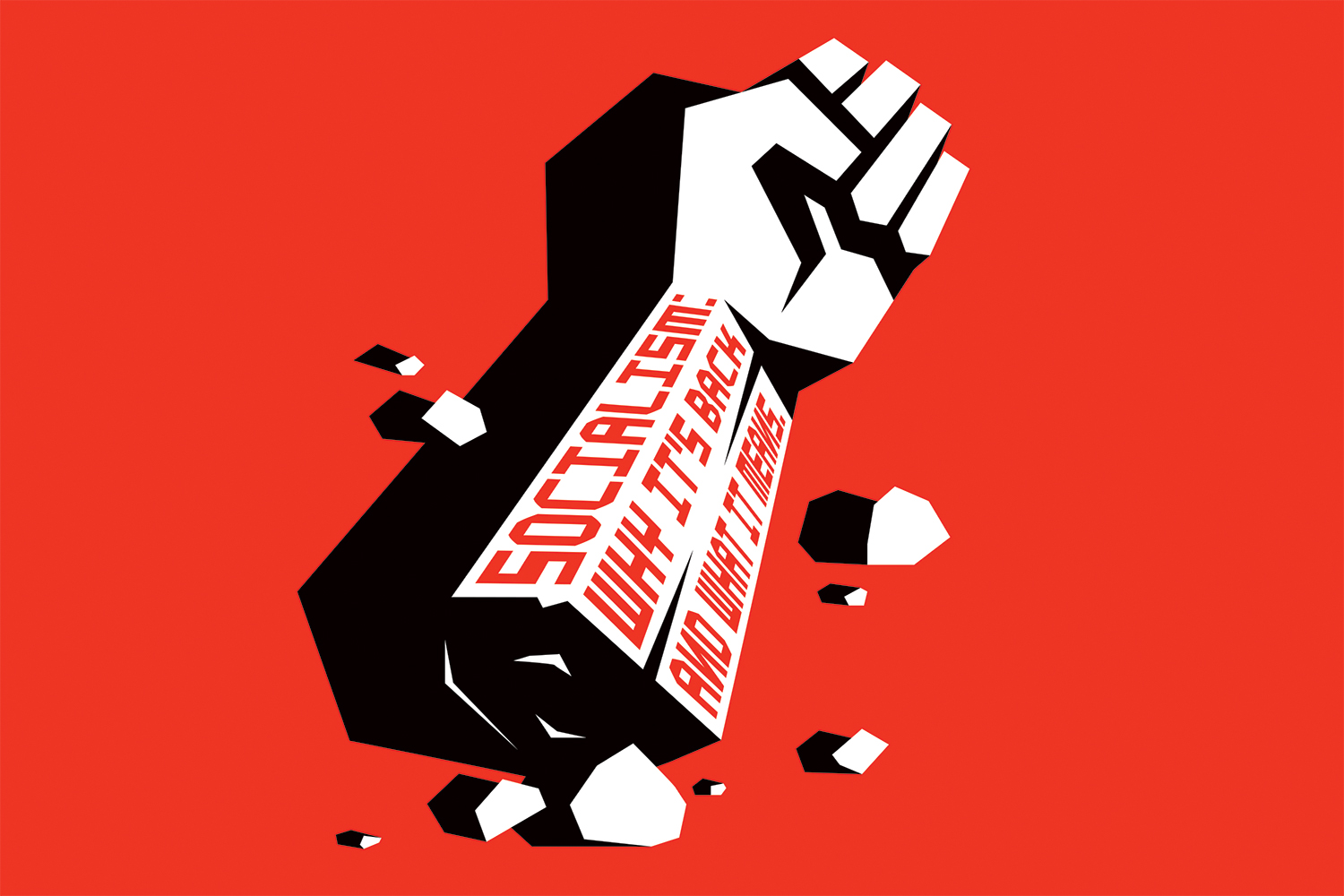South Dakota Lawmakers Seek to Ban Guaranteed Basic Income Programs
Before implementation, South Dakota lawmakers are pushing for a ban on guaranteed basic income programs. Guaranteed basic income programs provide qualifying residents with monthly no-strings cash payments, usually between $500 and $1,000, to spend as they see fit over a set period. These programs have gained popularity among state and local governments as a solution to widespread housing and food insecurity. Several pilot programs across the US, including in Boston, Denver, Durham, Minneapolis, and Austin, have been successful. Recipients have used the cash to cover rent and utilities, buy groceries, quit second jobs, pay off credit card debt, and contribute to their children’s education funds.

South Dakota Lawmakers Push to Ban ‘Socialist’ Guaranteed Income Program (Photo from: SDPB Radio – South Dakota Public Broadcast)
However, the lawmakers in South Dakota oppose the high costs of the guaranteed income programs. Although there are no guaranteed basic income programs at the state level in South Dakota, the proposed bill would prevent all counties, townships, and municipalities from developing local programs in the future. The Senate committee passed the bill on a party-line vote of 8-1 on February 5, and the state Senate will consider it in the future.
Critics of basic income programs argue that the programs do not increase the labour force and burden taxpayers and government funds excessively. Republican Texas State Sen. Paul Bettencourt recently called a new income program in Houston unconstitutional, stating that providing some residents $500 a month was equivalent to handing out “money like popcorn.” Republican lawmakers in Iowa are also attempting to prevent a proposed guaranteed basic income program.
The bill’s sponsor, Republican Sen. John Wiik, believes that basic income programs redistribute people’s hard-earned money and are a “socialist idea.” At Monday’s Senate committee meeting, Wiik stated that guaranteed income programs, also known as basic income, undermine the dignity of earning a dollar and represent a one-way ticket to government dependency.
Although the bill has gained support from some lawmakers, advocates of basic income programs argue that they are essential to supporting low-income families. The pilot programs in various cities have demonstrated their effectiveness in reducing poverty and supporting local economies.
The ban on guaranteed basic income programs in South Dakota is a contentious issue that highlights the ongoing debate over the role of government in supporting low-income families and addressing income inequality.
READ ALSO: New Real Estate Rebate Program Offers Relief For Montgomery County First Responders!

















































